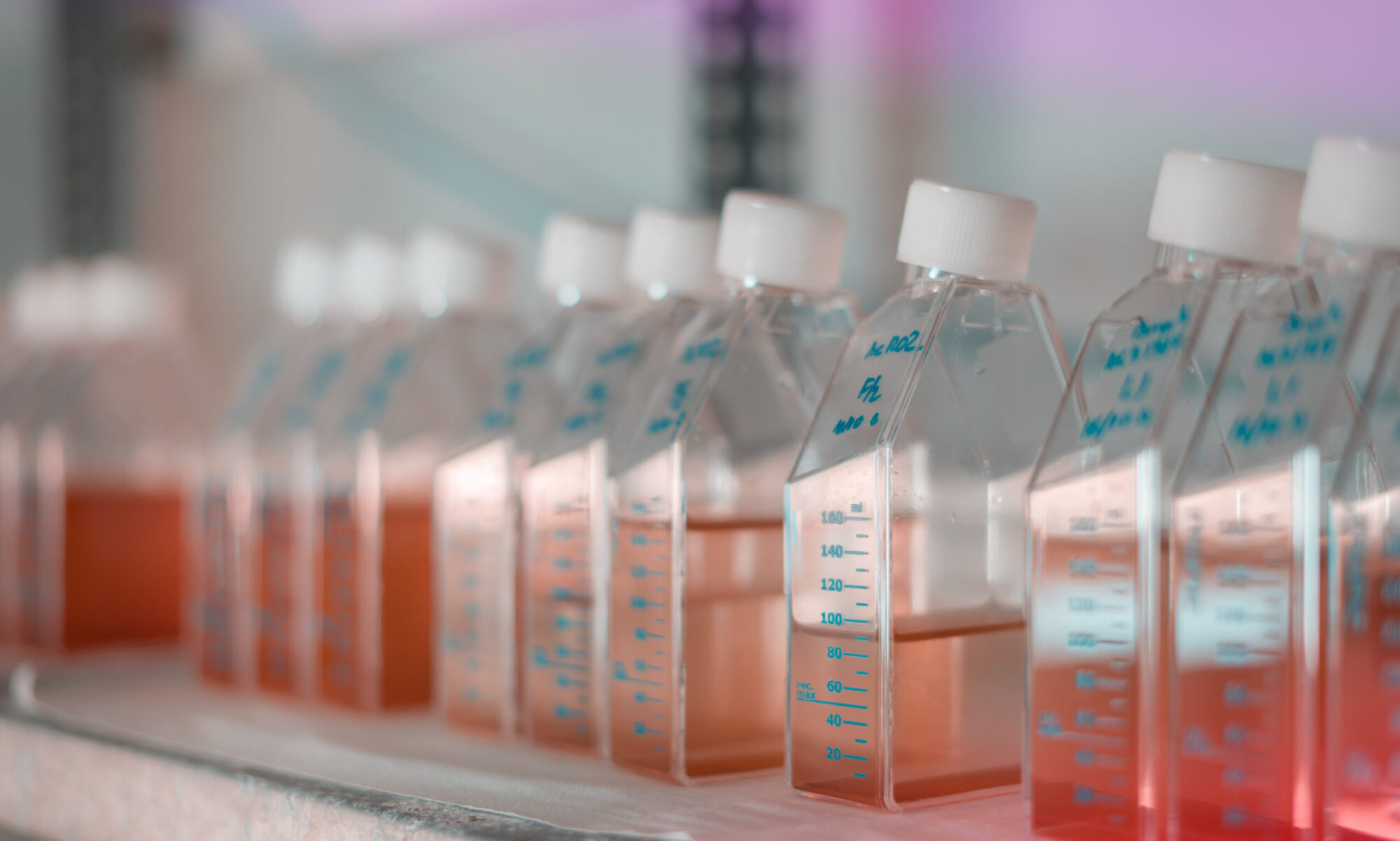| Acronym: VIP | Are dengue Defective Interfering Particles truly interfering? | |||
| Principal investigator | C. Inizan | |||
| IPNC focal point | C. Inizan / M. Dupont-Rouzeyrol | |||
| IPNC collaborators | O. O’Connor | |||
| Other collaborators | ||||
| Project total budget | 8 275 € | Budget devoted to IPNC | NA | |
| Financial support | IPNC | |||
| Timeline | Start: March 2017 | End: Feb. 2018 | ||
| Context | ||||
| Polymerase errors occurring upon viral replication might give rise to incomplete genomes that are nevertheless encapsidated in Defective Viral Particles (DVP). Replicated and maintained upon co-infection with functional viruses, such DVPs might affect the physiopathology of the infection: inhibition of viral replication, modulation of the host immune response as well as contribution to infection persistence. In the case of dengue virus (DENV), DVPs have been detected in both humans and Aedes mosquitoes. They might represent a natural regulator of viremia in patients, thus impacting infection evolution and resolution. | ||||
| Objectives | ||||
| The current study aims at evaluating DVP role in viremia regulation in patients. This project includes (i) the characterization and quantification of DVPs in the sera of dengue patients, in link with viremia and, (ii) the measure of DVP impact on DENV replication in vitro. | ||||
| Methods | ||||
| Molecular characterization of DVPs in the sera of dengue patients from New Caledonia:
– Evaluation of patients viremia through in vitro infections and real-time RT-PCT – Quantification and analysis of DVPs subgenomic RNA profiles in patients’ sera through real-time RT-PCR – Sequencing of DVPd subgenomic RNAs in patients sera Measure of the modulation of DENV replication in vitro by DVPs: – Production and purification of DVPs through in vitro infections and ultracentrifugation – Quantification of DVP impact on DENV replication in human cells in vitro through real-time RT-PCR |
||||
| Preliminary results | ||||
| Viral infectious titers of 50 sera of patients from New Caledonia infected by DENV-1 genotype I have been evaluated through in vitro infections. In parallel, viral RNAs have been extracted from those sera. Molecular analyses are being set up and will soon enable the quantification and sequencing of DVPs subgenomic RNAs. | ||||
| Perspectives | ||||
| Through the implementation of DVPs detection and purification tools, the current project opens new avenues for a broader study on DVPs role in DENV natural cycle, aiming at measuring their impact on dengue physiopathology and transmission. This study of the impact of DVPs on viremia might suggest their quantification in patients’ sera as a prognostic tool for infection severity. | ||||


Institut Pasteur de Nouvelle-Calédonie
Recherche, Santé publique , Formation